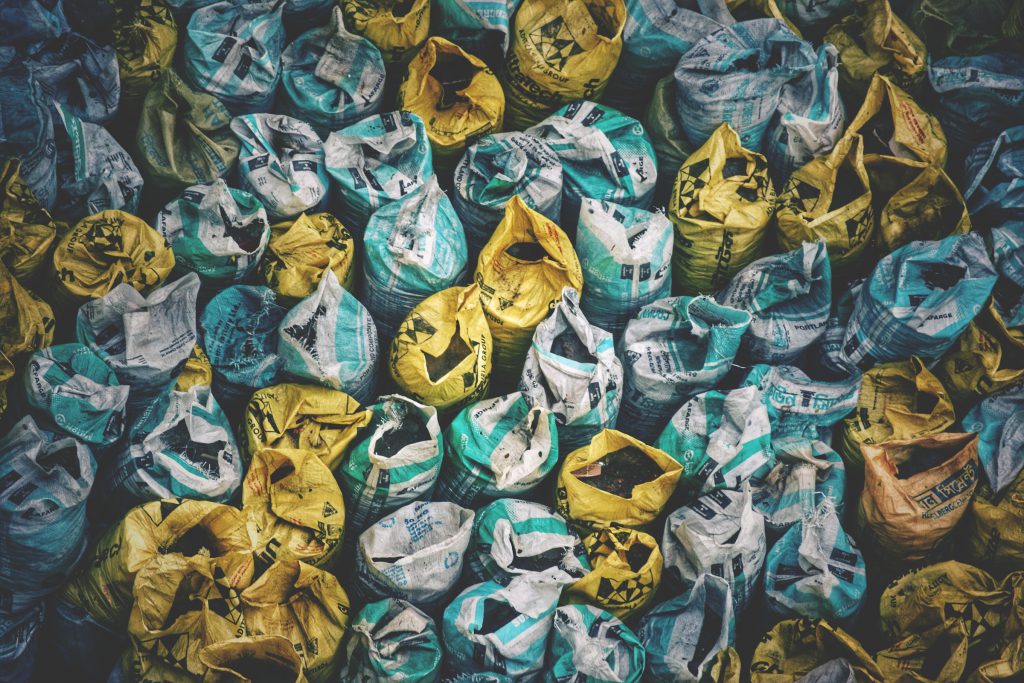The construction industry is a significant contributor to environmental pollution. As the world becomes more conscious of its ecological footprint, there’s a growing emphasis on sustainable construction practices. In Belgium, where the charm of historic architecture meets modern infrastructure, the challenge is to balance preservation with innovation. This article delves into how you can limit your environmental impact during construction or renovation projects and manage the inevitable waste that arises.

Understanding construction waste
Construction activities generate a substantial amount of waste. However, with a shift in perspective, what we often deem as ‘waste’ can be viewed as potential resources. According to Beliris, an organization dedicated to enhancing the quality of life in Brussels, construction waste can be repurposed or recycled into valuable resources.
Effective waste management in construction
Managing construction waste starts with meticulous planning. From the outset of a project, it’s crucial to segregate waste. Materials like wood, metal, plastic, and even concrete can be separated and recycled. Hazardous waste, such as asbestos, requires careful handling and appropriate disposal to ensure safety.
Tip: Collaborate with waste management companies that specialize in construction waste. They can provide guidance on segregating waste and ensuring that recyclable materials are processed correctly.
Reducing waste: A sustainable priority
Minimizing the waste generated from construction should be a top priority for any eco-conscious builder or homeowner. This can be achieved by optimizing material usage and preventing wastage. For instance, modular construction techniques can significantly reduce waste as components are pre-fabricated, leading to precise material requirements.
Turning waste into valuable resources
There are innovative ways to transform construction waste into resources. For example:
– Concrete can be crushed and reused as aggregate in new construction projects.
– Wood can be recycled into particle boards or utilized as biomass for energy production.
– Metals can be melted down and repurposed for various uses.
Managing residual waste
For larger projects, renting a container specifically for construction waste can be a practical solution. These containers are designed to hold construction debris exclusively. If you’re considering this option, you can approach specialized companies or, depending on the region, a local inter-municipal company.
Note: Ensure you’re aware of the maximum rental duration and always seek permission from local authorities before placing a container. Some municipalities might require you to block off parking spaces, which might involve additional fees. Your contractor can often handle these procedures on your behalf, streamlining the process.
Conclusion
Sustainable construction practices are not just an environmental imperative but also a cost-effective approach in the long run. By reducing waste, reusing materials, and recycling, we can significantly decrease the environmental impact of our construction projects. As Belgium continues to grow and modernize, embracing these eco-friendly practices will ensure that we build a future that’s not only structurally sound but also environmentally responsible.

 Open Immovlan
Open Immovlan